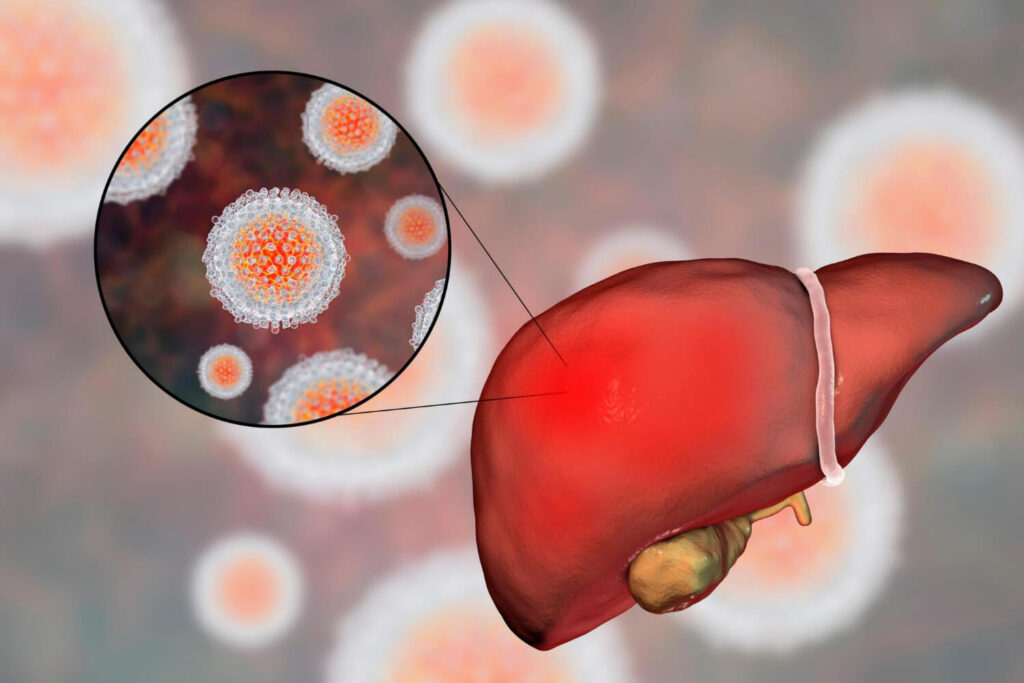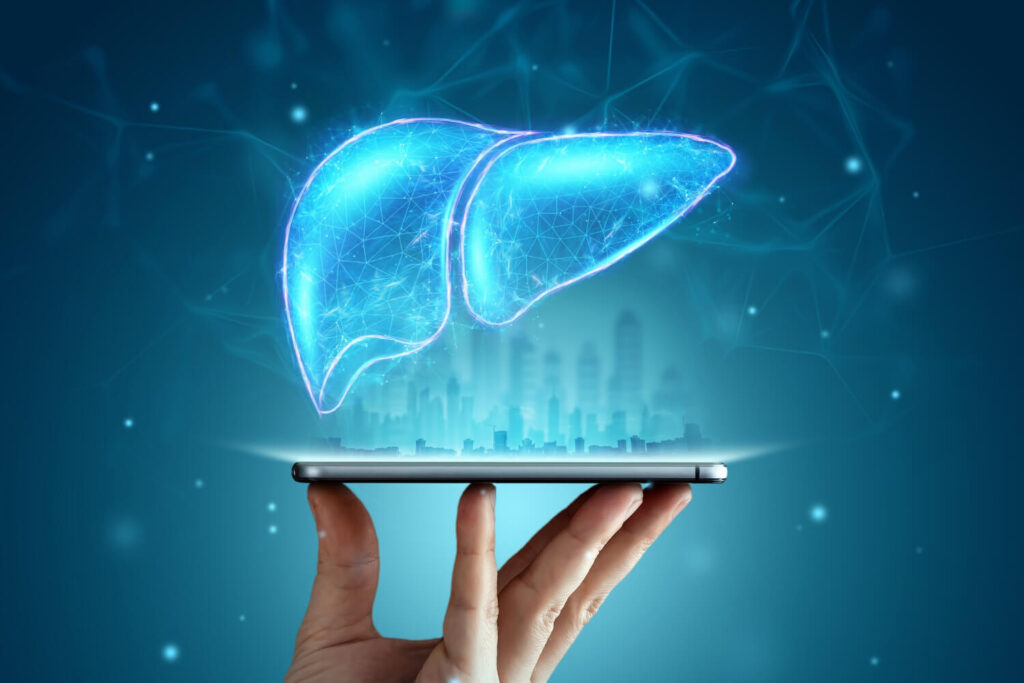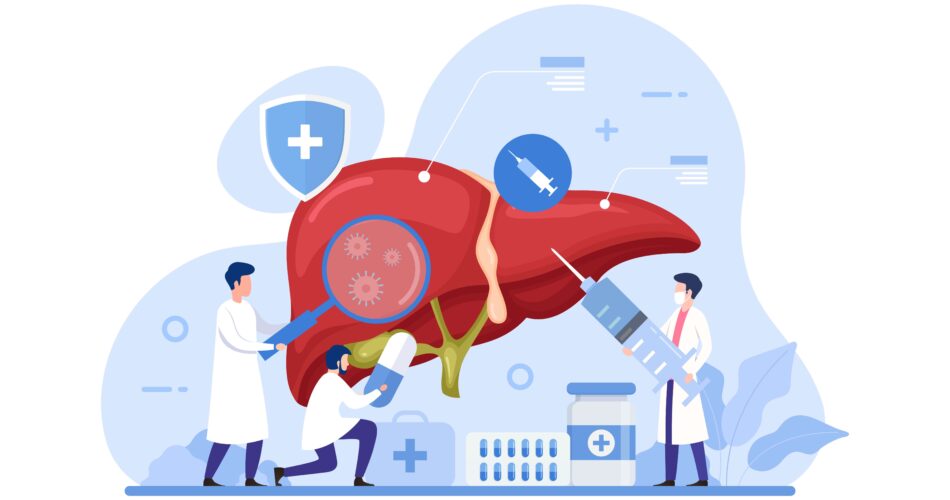When diagnosed with a terminal illness like this condition, it is a must to be aware of the best treatment options to manage the condition better. However, not many people have that chance to address such conditions due to lack of knowledge. In short, they don’t know that they have liver cancer due to no knowledge about the common symptoms and how to manage them
Facing this critical condition can be a lot easier if there’s a deep understanding of what they are and how to combat them. Fortunately, you can begin that journey with this blog. Learn the different aspects involved in managing the condition today. Let’s begin!
What is Liver Cancer?

Liver cancer is a condition in the liver that develops when abnormal cells grow out of control in this vital organ. It can be a primary cancer that starts in the liver or a secondary cancer that spreads from other parts of the body.
This condition develops when there’s a rapid growth of the cells. These cells are known as tumors which can be categorized as either malignant or benign. Benign tumors are non-cancerous built-up such as hemangioma, cysts, hepatic adenoma, etc. Even if that’s the case, it is still important to address such tumors for better liver health.
In the case of benign tumors, it can lead to cancer conditions, which happens in the cancer of the liver. It is most likely known as hepatocellular carcinoma, a cancer that begins in the liver and not from other organs.
The Impact of Liver Cancer on the Body
The liver is an essential organ responsible for various important functions, including filtering blood, processing nutrients, storing energy, and producing bile to aid in digestion. When cancer develops in the liver, it can disrupt these functions and have a profound effect on a person’s overall health and well-being.
It can significantly affect a person’s quality of life, making everyday activities challenging and causing physical and emotional distress. Also, it can affect the blood vessels in the liver due to tumors invading the blood vessels, leading to complications such as bleeding or the formation of blood clots. These complications can further impact the liver’s ability to function properly and can have serious consequences for a person’s health.
This condition can bring distress to the liver, interfering with its functions, Thus, affecting the overall health of the organ and putting the patient at risk due to liver failure. With that, it is highly important to not disregard any sign of the condition. That way the patient can strengthen their life expectancy and avoid possible mishaps brought by the tumor.
Causes and Risk Factors
The development of this type of cancer is often caused by a combination of factors, which can include lifestyle choices and genetics. However, most patients develop this condition due to some underlying conditions involving the liver.
Let’s dissect these factors below!
Lifestyle Factors
Excessive alcohol consumption is another significant risk factor for liver cancer. Regular and heavy alcohol intake can lead to liver cirrhosis, a condition characterized by scarring of the liver, which increases the risk of this condition. It is important to limit alcohol consumption to reduce the risk of developing liver cancer.

Genetic Factors
Individuals with such family history have a high probability of developing such conditions. It is identified that individuals with relatives who suffered from liver cancer have four times the chance to develop this disease.
On the other hand, genetic abnormalities, such as mutations in certain genes, can increase the risk of developing liver cancer. These abnormalities can be inherited or acquired during a person’s lifetime.
Underlying Disease
Certain factors increase the risk of developing liver cancer. Chronic infections with hepatitis B virus (HBV) and hepatitis C virus (HCV) are major risk factors. These viruses can cause inflammation and damage to the liver, increasing the chances of developing the disease over time. It is important to get vaccinated against hepatitis B and to get tested for hepatitis C if at risk.
Meanwhile, obesity is also associated with an increased risk of liver cancer. Excess body weight, particularly around the abdomen, can lead to non-alcoholic fatty liver disease (NAFLD), which can progress to liver cancer. Maintaining a healthy weight through regular exercise and a balanced diet can help reduce the risk of liver cancer.

Other risk factors for liver cancer include certain liver diseases, such as cirrhosis. Individuals with cirrhosis have a higher risk of developing liver cancer as the damaged liver cells are more likely to become cancerous.
It is important to note that having these risk factors does not directly guarantee the development of liver cancer. Other factors only act as a contributing factor that results in the development of the condition. Regular check-ups and early detection can help identify liver cancer in its early stages, when treatment options are more effective.
Recognizing the Liver Cancer Symptoms
Early detection of symptoms is crucial for timely intervention. While some individuals with liver cancer may not experience any symptoms in the early stages, there are specific warning signs that may indicate the presence of liver cancer.
- Abdominal pain or discomfort on the right side
- Jaundice, which is the yellowing of the skin and eyes
- Unexplained weight loss
- Nausea and loss of appetite
- Fatigue
- Dark-colored urine
Meanwhile patients suffering from the following symptoms must be alarmed. These signs indicate that the illness is at the advanced stage which needs immediate intervention from doctors like hepatologists.
- Worsening jaundice
- Persistent abdominal pain or discomfort
- Nausea and vomiting
- Swelling of the abdomen
- Unexplained weight loss
- Loss of appetite
If you experience any of these symptoms or have concerns about your health, it is important to consult a healthcare provider promptly. Early intervention and treatment can have a significant impact on the prognosis and quality of life for individuals with liver cancer.
When to See a Doctor
If you are experiencing symptoms that could be indicative of liver cancer or if you have any concerns about your health, it is important to consult a healthcare provider. Doing so can significantly improve the chances of successful treatment and management of liver cancer.
It is known that the early stages of liver cancer may not present noticeable symptoms. That’s why regular check-ups and screenings are crucial, especially for individuals at higher risk. If you are an individual with a family history of liver cancer, drinks too much alcohol, or suffering from liver diseases, it’s vital to seek help promptly.
Diagnosis and Screening
When it comes to the screening process, there are various procedures that can help identify the occurrence of liver cancer. The tests may differ but they can provide an accurate diagnosis.

Here are the possible procedures that the doctor may require you to undergo:
- Biopsy: A biopsy involves the removal of a small sample of liver tissue for examination under a microscope. This procedure helps confirm the presence of cancer cells and determine their characteristics.
- Blood tests: Blood tests can measure certain markers, such as alpha-fetoprotein (AFP), which may indicate the presence of liver cancer.
- Ultrasound: Ultrasound imaging uses high-frequency sound waves to create images of the liver. It can help identify the presence of tumors and evaluate their size and characteristics.
- CT scan: A computed tomography (CT) scan uses a series of X-ray images to create detailed cross-sectional images of the liver. It provides more detailed information about the size, location, and spread of tumors.
- MRI: Magnetic resonance imaging (MRI) uses powerful magnets and radio waves to create detailed images of the liver. It can provide information about the extent of tumor involvement and help determine the most appropriate treatment approach.
Liver Cancer Treatment Options.

Surgical Interventions and Their Efficacy
Surgical interventions, such as liver transplantation and surgical resection, can be effective treatment options for liver cancer, particularly in the early stages. These procedures aim to remove the cancerous tumor and preserve as much healthy liver tissue as possible.
- Liver transplant: involves replacing the diseased liver with a healthy liver from a donor. This treatment option is typically considered for individuals with early-stage liver cancer and underlying liver disease.
- Surgical resection: Removes the tumor along with a portion of the surrounding healthy liver tissue. This approach is often used for localized liver cancer that has not spread to other parts of the body.
Chemotherapy, Radiation, and Targeted Therapies
In addition to surgical interventions, other treatment options for liver cancer include chemotherapy, radiation therapy, and targeted therapies. These approaches aim to destroy cancer cells, slow down their growth, or prevent them from spreading to other parts of the body.
- Chemotherapy: Involves the use of drugs that can kill cancer cells throughout the body. It can be administered orally or intravenously and may be used before surgery to shrink tumors or after surgery to destroy any remaining cancer cells.
- Radiation therapy: Therapy that uses high-energy beams to target and destroy cancer cells. It is often used in combination with other treatment modalities, such as surgery or chemotherapy.
- Targeted therapies: A newer treatment approach that specifically targets cancer cells based on their unique characteristics. These therapies can interrupt the growth and spread of cancer cells while minimizing damage to healthy cells.
New treatments and clinical trials are continuously being developed to improve the treatment options for liver cancer. It is important to consult with a healthcare provider to discuss the most appropriate treatment plan based on individual circumstances and preferences.
Prevention and Risk Reduction
Prevention and risk reduction strategies play a crucial role in reducing the likelihood of developing liver cancer. Although not all cases can be prevented, adopting certain measures can significantly reduce the risk.
Vaccination
This form of risk reduction solution is ideal to avoid contracting viral diseases that may affect the liver’s health. For instance, being up to date with the needed hepatitis vaccines can prevent the development of the different types of hepatitis later on.
Changes in Diet
On the other hand, keeping a healthy diet can help patients to avoid developing the condition. That diet includes drinking alcohol from little to moderate amounts and avoiding foods that can contribute to obesity. Don’t worry as the medical team handling your case will guide you on the right path about your diet and nutrition concerns.
Conclusion
Liver cancer is complicated to address, especially as it can affect the liver function and overall well being. That’s why it is a must for patients to be open minded and to learn how to address the condition immediately. This involves learning more about the symptoms and to recognize them before they progress to severe complications.Remember, knowledge is power when it comes to battling this disease. Stay informed, stay proactive, and prioritize your health. If you are hesitant about the next best step, you can trust a hepatologist to deal with your liver condition. Book an online consultation or visit a hepatologist at your local health center to have a health check up regarding liver cancer.
